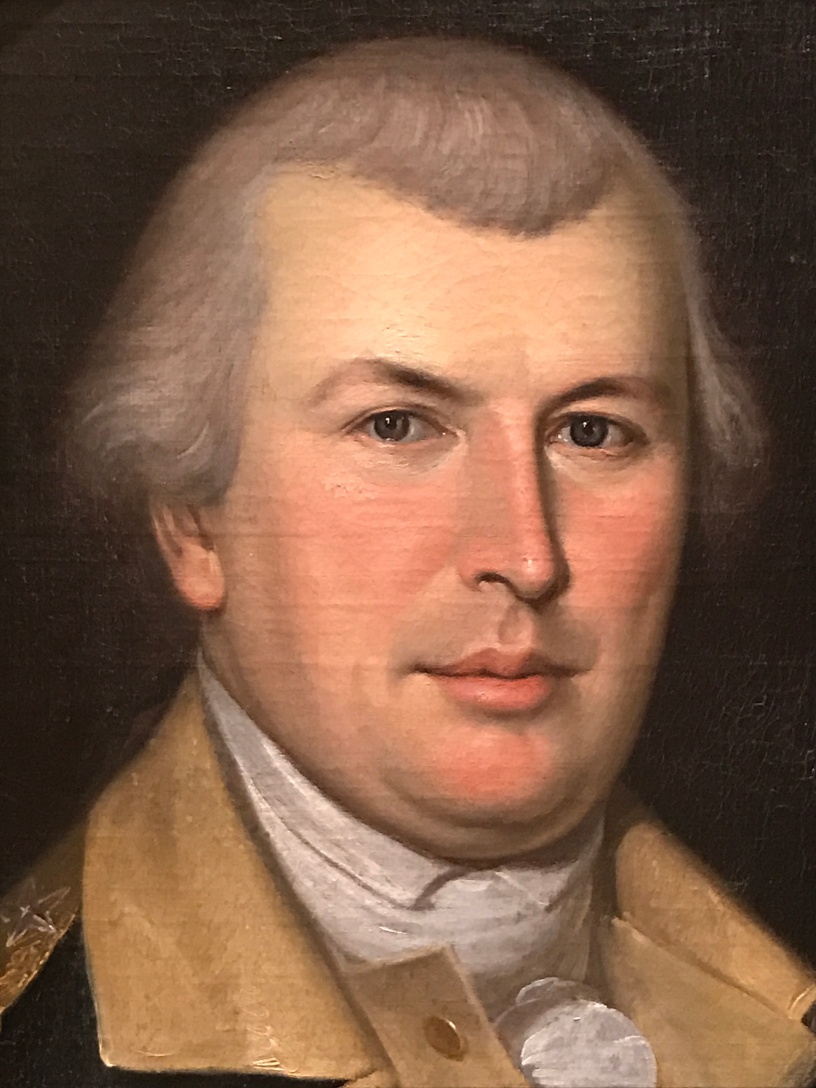Customarily during the late 18th Century, eulogies for deceased Revolutionary leaders indicated the level of esteem accorded by surviving fellow leaders. A good example of this pratice is an eulogy of Maj. Gen. Nathanael Greene delivered by Alexander Hamilton on July 4, 1789 at a meeting of the New York Society of Cincinnati in which Martha Washington (George was indisposed), John and Abigail Adams and various members of Congress were in attendance. Hamilton heaps high praise on Greene including the following description of his character.
“The vigor of his genius corrsponding with the importance of the prize to be contended for, overcame natural moderation of his temper, and though not hurried-on by enthusiasm, but animated by an enlightened sense of the value of free government, he chearfully resolved to stake his fortune his hope his life and his honor upon an enterprise of the danger of which he knew the magnitude in a cause which was worthy of the toils and the blood of heroes.”
The eulogy celebrates Greene’s Continental Army accomplishments in both the northern and southern theaters. While sometime hyperbolic in his praise of Greene, Hamilton’s address indicates the depth of respect for Greene’s Revolutionary contributions. Eulogies can be informative sources to better understand relationships among the Revolutionary leaders.
More information on the life and contribtuions of Maj. Gen. Nathanael Greene, click on Nathanael Greene.
